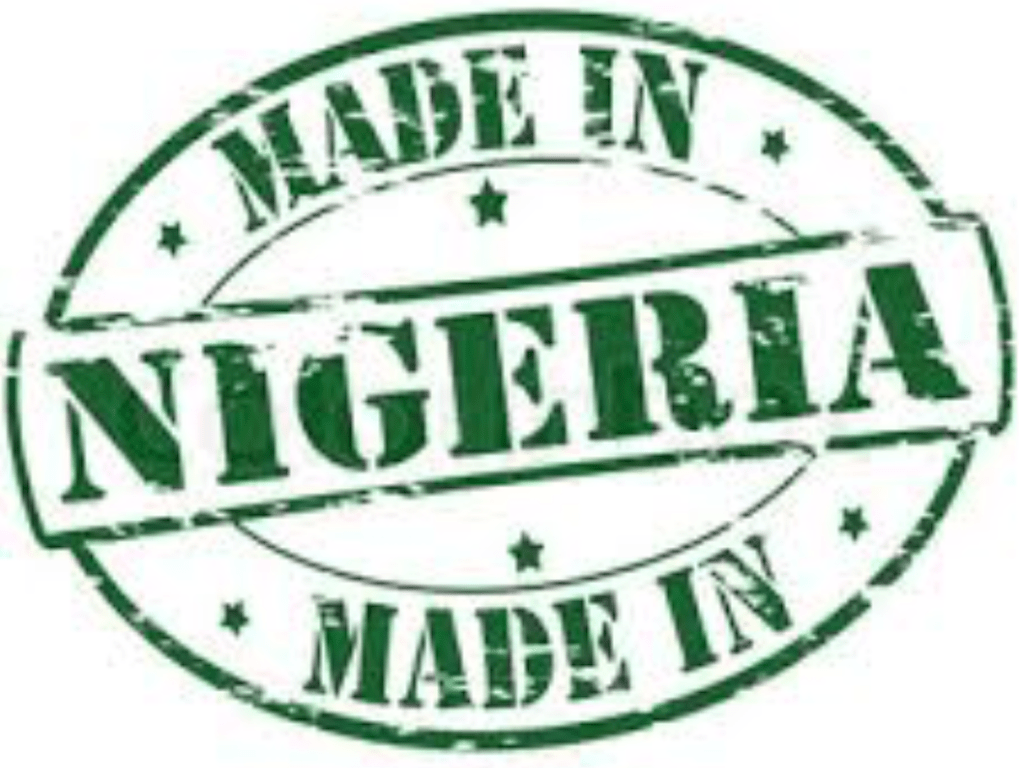Of the many ventures I have been a part of, perhaps the most exciting is our design and manufacturing company through which we sought to introduce innovative and cost-effective products in the Nigerian and West African markets. We aimed at providing innovative goods, services and solutions that will lead a major paradigm shift in Nigeria’s dependence on imported goods and build a sustainable ecosystem of knowledge and collaboration that will pave the road to a brighter future.
It is an established fact that in product development and manufacturing, the final assembly is the last and lowest value segment of the value chain. Numerous upstream stages in product development from conceptualization, research and detailed design development and testing etc. are significantly larger contributors to the value of the products. With our expertise in product development and research and through strategic partnerships, we plan to lead the country’s current manufacturing conversation transition from “Assembled in Nigeria”, to “Designed in Nigeria”.
- Jangebe abduction will be the last – Buhari
How I survived 3 impeachment attempts as dep gov — Abaribe
With our grand vision for better and more affordable products, built locally, creating more opportunities for economic acceleration across multiple industries, we partnered a French Automotive start-up in Paris, France. We wanted to immediately start Completely Knocked-Down (CKD) manufacturing of its flagship passenger car in Nigeria. From the fuel consumption to driving dynamics, along with its competitive price and rugged strength, the very design of this car made it an ideal product for the Nigerian market.
However, most of the investors and government officials that looked at our business mistook us for a car maker. But we had lofty dreams, beyond our apparent automotive start. We wanted to establish and operate research and development facilities whose core objective will be the development of innovative new products and solutions for the automotive, aerospace, marine industries and general industrial applications; which are relevant and compliant to relevant modern international standards of safety and usability. The scope of this encompassed the entire lifecycle of any product in question ranging from conceptualization to detailed design development, testing for certification and development of manufacturing processes for final production. The facility was also to explore development of custom-made devices and systems for supply and production where applicable for specific customer requirements. The nature of the products, services, or goods we designed, developed or manufactured were not to be restricted to the aforementioned industries but only limited by our technical expertise and available technology.
To that end, we were also ambitious in hoping to provide training and education for Nigerian professionals and students alike in Science, Technology Engineering & Mathematics (STEM) subjects and other related fields and partner with educational institutions and companies with similar visions as ours. We hoped to raise the standard of engineering education provided in Nigeria through collaborative efforts with the said entities. From developing relevant curricula, to developing productivity tools and conducting research in fields relevant to applications for products/systems we develop.
All of this went well for over a year. We brought in prototypes of the cars we were to make and we started designing machines (especially agricultural processing machinery) and providing other engineering services (like mathematical modelling, product design and computer aided design) for the local economy. We also put millions in our own money as we sought investors for our factory and company operations.
There are many unique challenges that are at the core of the continuing demise of the manufacturing industry in Nigeria be it automotive or Information Technology or even electronics. Obviously a lack of high quality skilled labour is a by-product of poor education or limited access to it. We had hoped that by laying a huge emphasis on people rather than ideas or even products, we will attain everything we set out to accomplish. We devised elaborate plans on building a skilled workforce that grows with us as a company. But it turns out that wasn’t our only hindrance. Another important challenge to overcome is a lack of local suppliers regardless of what you wanted to manufacture.
Although there are a number of automotive suppliers manufacturing components for various systems and subsystems of automotive products, the absence of stable industry demand means that there is no impetus for them to grow and evolve. So again, we devised a plan to work directly with international suppliers to consistently manufacture to the quality standards we require. We strongly believed that providing engineering support and developing the technical specifications for systems and developing the manufacturing as well as the quality processes in conjunction with the suppliers will reduce production costs and improve their ability to manufacture to high quality standards. We were also certain that this is key in establishing a sustainable and scalable ecosystem, and as production volume rises, there will be further growth, within the entire value chain as new manufacturing methods are introduced and techniques become more refined, increasing the collective output.
Three years down the line however, our factory is not active, our agricultural processing machines are neither deployed nor commissioned and only two of our cars are plying Nigerians roads. However, as the world ploughs through a global pandemic, our young team of innovators spread across the globe is rethinking and reevaluating the business, steeling for the moment of rebirth for our surprisingly anti-fragile Nigerian dream against age-old nightmares of power, roads and other crucial infrastructure as well as financing.

 Join Daily Trust WhatsApp Community For Quick Access To News and Happenings Around You.
Join Daily Trust WhatsApp Community For Quick Access To News and Happenings Around You.

